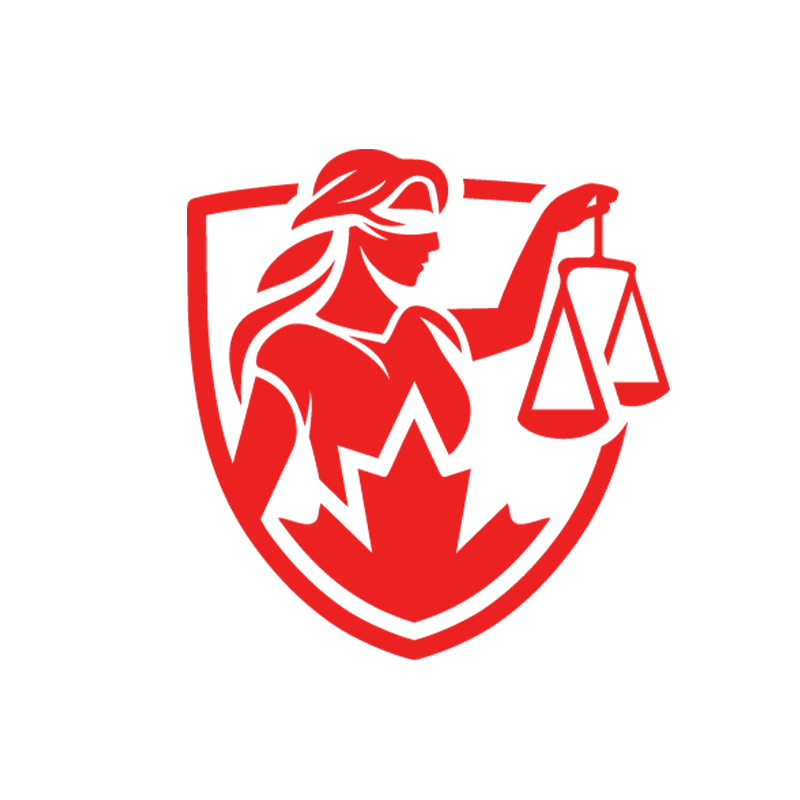OTTAWA: The Justice Centre for Constitutional Freedoms (jccf.ca) today released the 2013 Campus Freedom Index, a report which measures the state of free speech at 45 Canadian public universities.
Read the full 2013 Campus Freedom Index
Using a five-tier letter scale—A, B, C, D and F—the Campus Freedom Index grades universities and student unions on their stated policies (what they say) and their practices (what they do). Each university receives four letter grades for each of university policies, university practices, student union policies, and student union practices.
With 180 letter grades awarded to 45 campuses, Canada’s universities and student unions receive only six ‘A’ grades. Conversely, and troublingly, ‘F’ grades were earned 32 times: 13 by universities and 19 by student unions. The Campus Freedom Index also assigns 19 B’s, 80 C’s and 43 D’s.
In total, 23 campuses earned at least one ‘F’. Put another way, this means that more than half of the 45 universities studied—51%—have engaged in the censorship of student expression on campus, and have thus failed in their duty to protect free expression rights.
Taking an average of universities’ policies and practices, the Campus Freedom Index names Carleton University and the University of Ottawa as the worst universities in Canada for free expression. Both Carleton and Ottawa have actively censored student speech, earning D’s for their policies and F’s for their practices.
McGill University and York University do only slightly better, each earning a ‘D’ average.
Three student unions have the dubious distinction of earning straight F’s. The Lakehead University Students’ Union (LUSU), the University of Victoria Students’ Society (UVSS) and the York Federation of Students (YFS)—receive ‘F’ grades for restricting campus free speech through both their policies as well as their practices. These three are the worst student unions in Canada when it comes to campus free speech.
Seven student unions tied as the second-worst student unions in the country, namely, Brandon University Students’ Union, the Students Society of McGill University, the Memorial University of Newfoundland Students’ Union, Queen’s University’s Alma Mater Society, the Ryerson Students’ Union, the University of Calgary Students’ Union, and the University of Manitoba Students’ Union. These seven student unions earned one ‘F’ grade and one ‘D’ grade—only slightly better than the worst three.
Fortunately, some universities are doing a good job of living up to their missions of respecting academic freedom, and fostering the debate of controversial ideas. Acadia University, the Memorial University of Newfoundland, Ryerson University, Simon Fraser University, the University of British Columbia and the University of Regina tie as the best universities in the country. All six of these universities earned a ‘B’ average. No university, nor student union, earns an ‘A’ average in the Campus Freedom Index.
When it comes to the policies and practices of student unions, the best in Canada are the Carleton University Students’ Association (CUSA) and the University of King’s College Students’ Union (KSU). Both earned a ‘B’ when averaging grades awarded for policies and practices. CUSA is one of only two student unions in the country to earn at least one ‘A’ in the Campus Freedom Index, after having earned “straight F’s” in the 2012 edition. CUSA’s transformation from one of the worst student unions to one of the best is truly commendable, and explained further in the 2013 Campus Freedom Index.
Saskatchewan and New Brunswick rank as the best provinces for campus free speech. In both provinces, none of the institutions surveyed received an ‘F’ grade. By contrast, the worst provinces for campus free speech are Alberta, Prince Edward Island, and Newfoundland and Labrador. In these provinces, every institution surveyed received at least one ‘F’ grade. Seventy-three percent of Ontario universities likewise earn at least one ‘F’, as well as sixty-seven percent of Manitoba universities.
The Justice Centre looks forward to the day when every university, and every student union, earns only A’s for their policies and practices.

